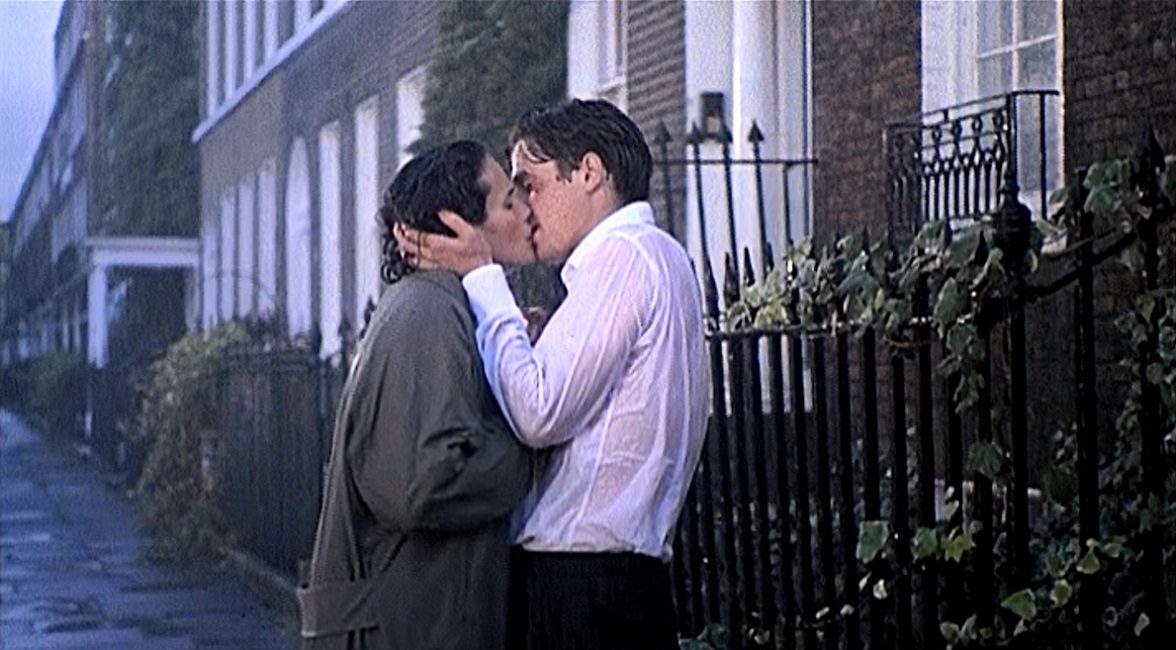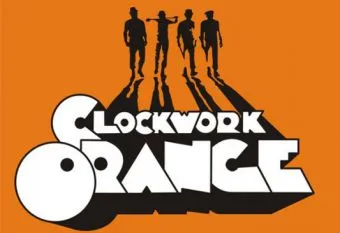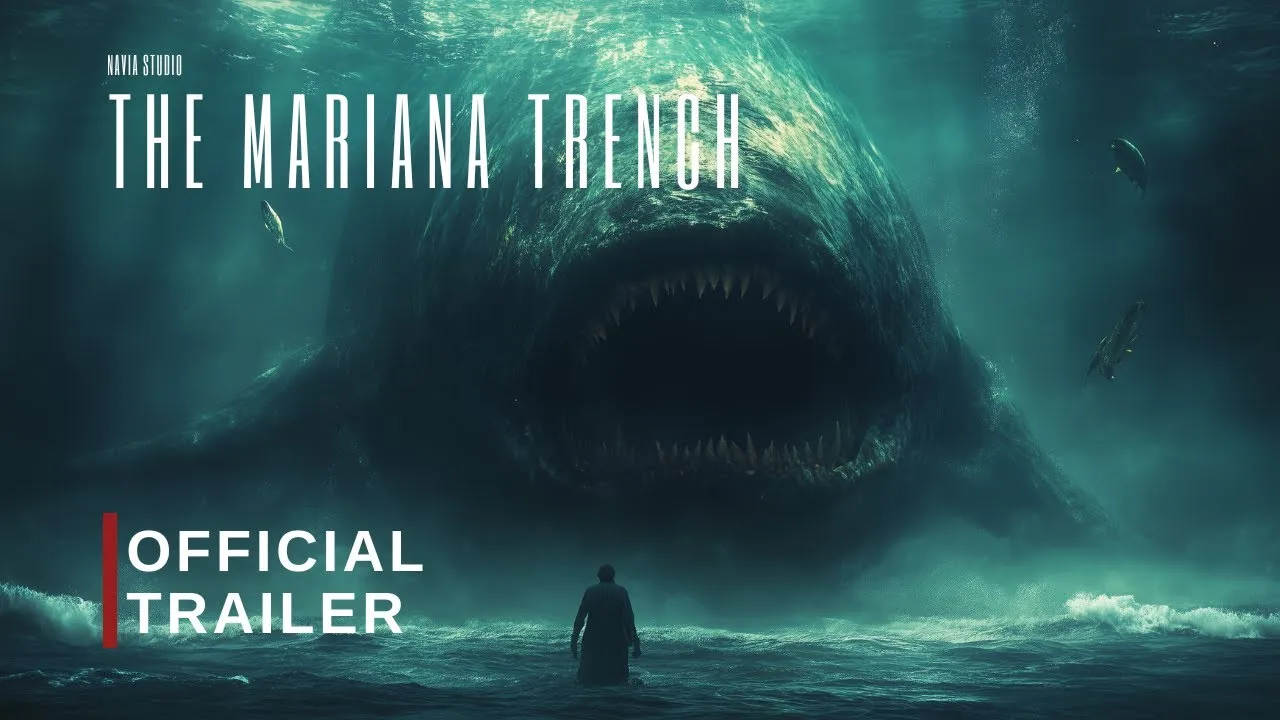Released in 1994, Four Weddings and a Funeral became a defining British romantic comedy of its generation — a sharp, heartfelt, and hilariously awkward exploration of love, friendship, and the unpredictability of life. Directed by Mike Newell and written by Richard Curtis (who would later pen Notting Hill and Love Actually), the film catapulted Hugh Grant to international stardom and helped redefine the rom-com genre.
At once hilarious, touching, and deeply human, the film’s brilliance lies in its simplicity. It’s a story told through a series of social occasions — four weddings and one funeral — where romance, regret, and unexpected emotion sneak in between the toasts, vows, and awkward silences.
The film follows Charles (Hugh Grant), a charming but chronically disorganized and commitment-phobic Englishman in his 30s, and his close-knit group of eccentric friends. At the first of four weddings, Charles meets Carrie (Andie MacDowell), an elegant American woman. They hit it off instantly, sharing flirtation and a one-night stand. Charles begins to wonder if she might be “the one.”
But as fate would have it, Carrie soon announces her engagement to someone else — a wealthy Scottish aristocrat. Over the course of the next three weddings and one funeral, Charles watches Carrie drift in and out of his life, all while his friends navigate their own romantic entanglements: Gareth and Matthew’s loving partnership, Fiona’s unrequited love for Charles, and Tom’s desperate, clumsy search for a wife.
At the final wedding — Charles’s own — he’s forced to confront his true feelings. In a classic romantic comedy climax, he calls off the ceremony at the altar, choosing instead to pursue love with Carrie, not through marriage, but on their own imperfect terms.
At its core, Four Weddings and a Funeral is about the elusive, inconvenient nature of love. The film doesn’t pretend that love comes easily or looks perfect. Instead, it embraces the chaos: the missed chances, bad timing, awkward conversations, and regrets that often accompany real relationships.
It also questions the institution of marriage — not by rejecting it outright, but by asking whether commitment must always come with rings, vows, and ceremonies. Charles’s journey isn’t just about finding Carrie — it’s about realizing that love doesn’t have to follow a formula.
Friendship is another major theme. The film’s strength lies in its ensemble — a found family of outcasts, romantics, and oddballs who grow, falter, and stand by each other through every embarrassing toast and heartfelt eulogy.
Four Weddings launched Hugh Grant into stardom with his now-iconic portrayal of the bumbling, floppy-haired romantic lead. His performance is a masterclass in comic timing and vulnerability. Charles is never slick or confident — he's relatable because he stammers, hesitates, and says the wrong thing, often at the wrong time.
Andie MacDowell, as Carrie, brings elegance and mystery to her role, though her character is more reactive than active — a common criticism of the film. Nonetheless, her chemistry with Grant feels genuine, especially in the film’s quieter moments.
The supporting cast is exceptional:
-
Simon Callow and John Hannah as Gareth and Matthew provide the film’s emotional heart.
-
Kristin Scott Thomas, as Fiona, adds a layer of melancholy and wit.
-
James Fleet as Tom delivers some of the most adorably awkward moments in the movie.
Richard Curtis’s script is sparkling with British humor — full of ironic understatement, self-deprecating jokes, and moments of poignant reflection. The dialogue balances fast-paced banter with emotional sincerity, capturing how we often hide our deepest feelings beneath sarcasm and small talk.
Director Mike Newell handles the pacing beautifully. The episodic structure — jumping from one event to another — gives the film a rhythm that mirrors real life. Weddings are social pressure cookers, and the film mines both comedy and tension from these formal gatherings where emotions often run high beneath the surface.
-
The Funeral: Perhaps the film’s most memorable and heartbreaking moment comes during the funeral of Gareth. Matthew’s recitation of W.H. Auden’s “Funeral Blues” is an emotional gut punch — quiet, honest, and beautifully acted by John Hannah.
-
The Rainy Confession: In a nod to classic rom-com tropes, Charles and Carrie’s final scene in the rain is both romantic and subversive. Charles proposes — not marriage, but a life together “not getting married,” showing growth and sincerity.
-
Opening Scene: A montage of the main cast oversleeping and swearing (“Bugger!”) sets the comedic tone instantly, making it clear this isn’t a typical polished love story.
Four Weddings and a Funeral was a massive critical and commercial success, grossing over $245 million on a modest budget. It was nominated for two Academy Awards — Best Picture and Best Original Screenplay — and won BAFTAs for Best Film and Best Actor (Grant).
Its success helped ignite a wave of British romantic comedies in the late '90s and early 2000s, paving the way for Notting Hill, Bridget Jones’s Diary, and Love Actually.
Beyond its accolades, it remains a comfort film for many — funny, touching, and reflective of life’s unpredictability.
Four Weddings and a Funeral (1994) is more than a love story — it’s a tribute to the messiness of being human. Through its unforgettable characters, heartfelt moments, and timeless humor, it captures what it means to stumble through life — sometimes in a tux, sometimes in grief — searching for connection, meaning, and maybe, if you’re lucky, someone to walk home with in the rain.






